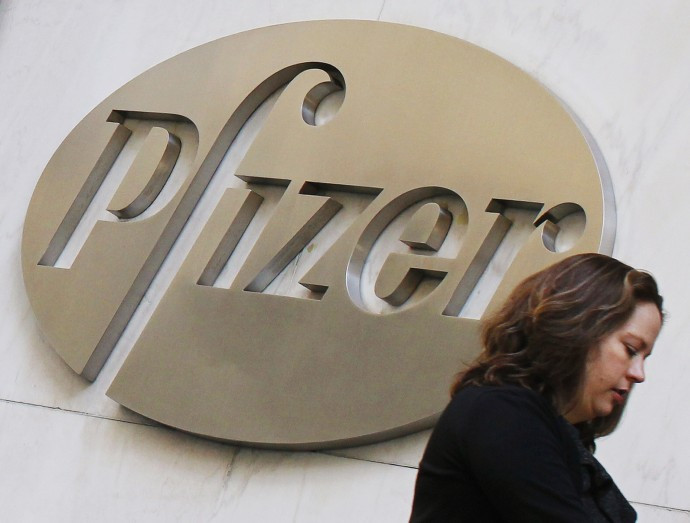AstraZeneca's Sale to Pfizer to be Decided by Shareholders: Minister

The British government said US drugmaker Pfizer's commitment to retain research facilities and jobs in the country following its possible takeover of AstraZeneca comes after authorities had pressurised the company.
It added that a possible sale of the second-largest drugmaker in the UK to its US rival is a matter for its shareholders.
"This is ultimately going to be a decision for AstraZeneca shareholders," the Minister for Universities and Science David Willetts told BBC Radio.
"We are pressing Pfizer in a very hard-nosed way. Their letter has a set of proposals for research and development and manufacturing in the UK that have moved a long way from where they were a week ago."
Earlier on 2 May, Pfizer sent a letter to Prime Minister David Cameron with respect to its "commitment to the UK and its life sciences agenda" following the company's revised proposal to acquire AstraZeneca.
"We recognise that our approach may create uncertainty for the UK Government and scientific community given the strategic importance of life sciences to the Government's Industrial Strategy and the significance of the transaction," CEO Ian Read said in the letter.
"We would therefore like to assure the Government of our long term commitment to the UK where Pfizer already employs a significant number of colleagues across Research, Commercial, and Administrative roles."
Upon completion of the transaction, the company promised to make commitments including tax residence in England and a substantial research and development (R&D) innovation hub in Cambridge.
In addition, the company promised that 20% of the combine company's R&D workforce would be based in the UK and the commercial manufacturing facilities at Macclefield would be retained.
"Clearly, predictability and stability in the local and global commercial environment, as well as the UK Government's efforts to maintain incentives for investment, are important factors to enable success. We make these commitments for a minimum of five years, recognizing our ability, consistent with our fiduciary duties, to adjust these obligations should circumstances significantly change," Read added.
There were reports that British politicians are planning to probe Pfizer's hostile attempt to take over AstraZeneca in a bid to safeguard jobs and to not enable mass tax avoidance.
Earlier, Pfizer had sweetened its offer for rival AstraZeneca, proposing a deal that would value the UK company at about £63bn. Previous discussions between the companies were unsuccessful as AstraZeneca said they proved unattractive and the terms "significantly undervalued" the company.
A merger would create the world's biggest pharmaceutical company, with a larger portfolio of drugs for most major conditions, including cancer, diabetes and heart disease. In addition, the deal would be one of the industry's biggest since Pfizer bought Warner-Lambert for $90bn in 2000.
Nevertheless, the companies have to undergo a number of regulatory hurdles in order to conclude the deal, which has renewed concerns in the US about the aggressive tax avoidance strategies of large companies, with politicians demanding immediate reforms.
© Copyright IBTimes 2025. All rights reserved.






















